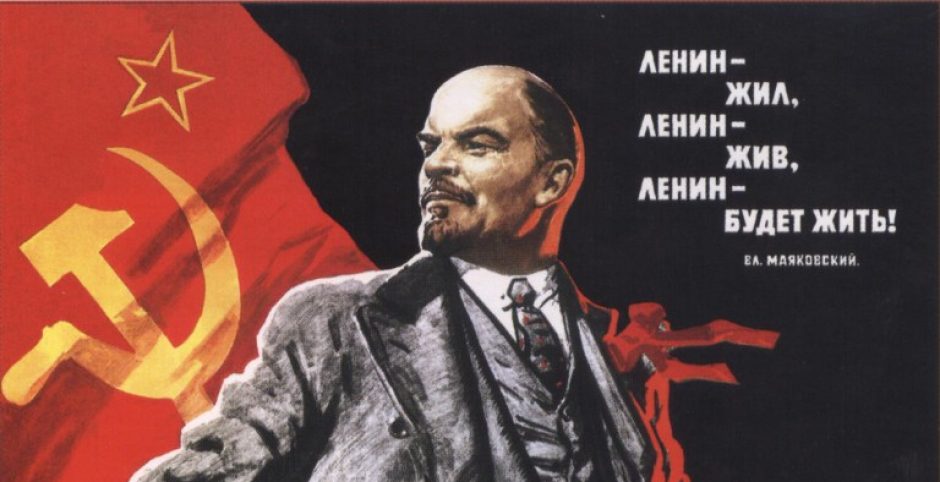During the reign of Nicholas I and the unrest following the Decembrist Revolt, many educated people came together to discuss how to best move forward as a nation. For many, this required first identifying what it truly meant to be “Russian.” Slavophiles looked to their history and their pre-Petrine past in order to develop an inherently Russian identity. In the preface to “On the Nature of European Culture and Its Relation to the Culture of Russia,” Marc Raeff highlights the Slavophiles’ belief that “a people or a culture develops organically, manifesting distinctive spiritual traits in all major aspects of its social and national life.” (Raeff, 174) While Russia took massive strides in education, technology, arts, and medicine during Peter’s Cultural Revolution, this development was not organic, but was implanted suddenly and dramatically during Peter’s reign, and instilled a great cultural divide between the nobility and the lower classes. On a deeper level, it created a dichotomy in Russian identity: while aspects of Muscovite culture were still very much present in the poorer classes, people were expected to see their cultural roots as “backwards” and only embrace what was wholly “European.”
In “On the Nature of European Culture and Its Relation to the Culture of Russia,” Kireevski upholds the Russian Orthodox Church as a unifying element of Russian culture when he writes: “the vast land of Russia, even when it was divided into petty principalities, thought of itself as a single living organism, held together not so much by a common language as by the unity of convictions which resulted from a common faith in the dicta of the Church.” He says the Church fostered “an overwhelming reaching out for wholeness of being, both external and internal.” (Kireevski, 194-205) In contrast, European philosophy and culture are described as creating a “dichotomy of the sum total and of all separate aspects of human life, both social and individual.” (Kireevski, 205) For Kireevski, Europeanization created a deep schism in Russia between the rich and the poor, educated and non-educated, and traditional Russian versus modern Russian culture.
Some may argue that without Peter’s Cultural Revolution, Russia never would have developed into the modern industrial nation that it is today, but Slavophiles would seem to argue otherwise. Following the Slavophiles’ belief that a culture must develop organically in order to flourish culturally, my question is: was Peter’s Westernization, and by extension Europe’s influence, necessary for Russia to turn into a modern and developed nation, or could Russia have developed in its own uniquely Russian, but equally modern way?

There seems to have been a bipolar attitude towards Russianness within the intelligentsia. One ex-soldier wrote that “‘There are no delightful recollections or charming images in our national memory, no powerful lessons in our tradition’. ‘We have not added a single idea to the sum total of human ideas’; we have not contributed to the progress of the human spirit, and what we have borrowed of this progress we have distorted.” (Saunders, 150) Peter’s westernization seems to have left many Russians with a sense of shame about their own culture once they became aware of their “backwardness”.
Even the great Slavophile Kireevskii said “‘If we had inherited the remnants of the classical world… our very fragmentation [in the middle ages] would not have had the barbaric character it did nor the deleterious consequences'” (150). This indicates a jealousy for western Europe’s history and geography rather than a takedown of the Russian national character.
However, Kireevski’s friend Khomiakov “went on to claim that medieval Russia did indeed embody purity, simplicity and mutual love” (161). Perhaps this desire to return to the old Slavic culture arose from the realization that Russia would never be able to meet the west on its own terms, a century after Peter had tried. The intelligentsia was struggling to reconcile two competing forces; hence it appeared “‘like Janus, or the two-headed eagle, they and we looked in different directions while one heart throbbed within us'” (166).
An element of this dichotomy between Slavophiles and Westernizers I find intriguing is the notion of competing for a true or proper understanding of cultural and national progress. In the preface to the letter to N.V. Gogol, Raeff introduces Belinskii’s outrage at Gogol’s Slavophilic vision:
“… In [Selected Passages from
a Correspondence with Friends], Gogol proclaimed
that Russia’s ills were due solely to the
moral failings of individuals, not to her
social, economic, or political system. He
further argued that the way to the
much-needed national regeneration was
through complete submission to the
teachings of the Church and the paternal
guidance of the autocratic Tsar” (Raeff, 252). Gogol’s upholding of individual morality, autocratic leadership and Orthodox Christianity came as a shock and caused much outrage in the emerging intelligentsia, as is seen in Belinskii’s passionate response.
Early in his letter, Belinskii accuses Gogol of being “a total stranger to Russia.” Based on the tensions and similarities between Slavophiles and Westernizers, can we really say that any of these groups knew Russia better than each other? Can either camp be more correct in their assertions of culture and progress when identifying and developing what exactly was quintessentially Russian was under such debate?